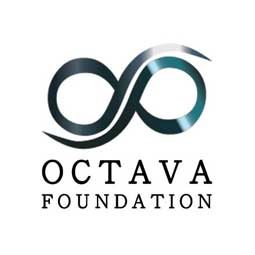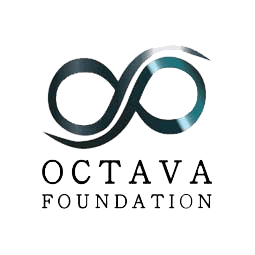How can edtech solutions improve learning outcomes for underserved learners in Southeast Asia while being affordable and accessible?
Challenge Overview
Of the nearly 650 million people living in Southeast Asia, 25.7 percent fall within the school-attending age group. Yet, access to quality education remains limited and unevenly distributed across the region, for example, in Vietnam nearly 37 percent of youth at upper-secondary level are out of school. Furthermore, even students who do attend school are not achieving minimum proficiency levels in reading and math with only 78 percent of children completing basic education in the Philippines and 55 percent of Indonesian 15 year-olds considered functionally illiterate. These inequities were exacerbated by the Covid-19 pandemic, as an estimated over 150 million children were impacted by school closures in the region.
At the same time, Covid-19 dramatically transformed the delivery of education through remote learning and accelerated the demand for edtech capabilities—from e-learning apps to language and digital collaboration tools. In fact, it is estimated that 135 million school children across the region would have lost access to education without home-based learning, preventing significant implications for long-term, downstream effects on development and economic opportunities. Still, the pandemic highlighted the drastic digital divide and varying levels of internet penetration in the region including less than 60 percent internet penetration in Indonesia, Thailand and Vietnam.
Looking beyond the pandemic, technology presents an opportunity to enhance aspects of the education process and complement the work of educators. This potential has been thrust to the fore over the course of the last year, with students around the world reliant on remote learning amidst prolonged school closures—exposing the digital divide that persists. It has also revealed the enormity of the challenge in using technology at scale to support the ‘bottom of the pyramid’ for whom consistent access to reliable learning technologies remains a far-off aspiration.
To that end, the Octava Social Innovation Challenge is seeking accessible and affordable edtech solutions focused on underserved K-12 learners that utilize evidence-based educational content informed by the science of learning and are aligned with curriculum outcomes. The Challenge seeks solutions that are operating in at least one of Octava Foundation’s target countries (Indonesia, Malaysia, the Philippines, Thailand, and/or Vietnam), and address one or more of the following dimensions:
- Increase equitable access to quality learning opportunities through open-sourced, offline, or virtual models, especially for underserved learners in low connectivity environments
- Improve literacy, numeracy, and social emotional learning milestones while supporting a diverse range of learning pace and styles
- Strengthen delivery of STEM and 21st century skills for learners to effectively build work readiness
- Support educators, school leaders, and other system stakeholders including through adaptive learning management systems, tools for personalized instruction, and access to professional development and training opportunities
- Equip teachers, parents, and other stakeholders within the education ecosystem with the digital literacy and confidence needed to engage meaningfully with edtech and enable capacity-building
For more information on the challenges and opportunities for edtech in the Southeast Asia region, download the Challenge White Paper or preview the Executive Summary below.
Timeline
Accepting Solutions
-
Challenge Opens
- [EXTENDED] Deadline to Submit a Solution 12:00 PM [noon]
Evaluating Solutions
- Finalist Interviews
- Finalist Interviews
Implementing Partner
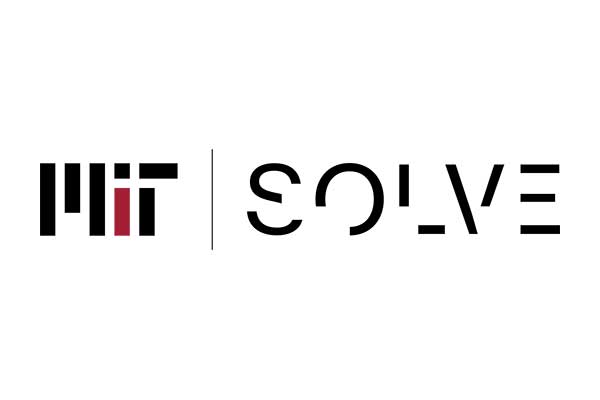
MIT Solve |
MIT Solve
Solve is an initiative of the Massachusetts Institute of Technology (MIT) with a mission to solve world challenges. Solve is a marketplace for social impact innovation. Through open innovation Challenges, Solve finds incredible tech-based social entrepreneurs all around the world. Solve then brings together MIT’s innovation ecosystem and a community of Members to fund and support these entrepreneurs to help them drive lasting, transformational impact.
To find out more about Solve, please click here.
Research Partner
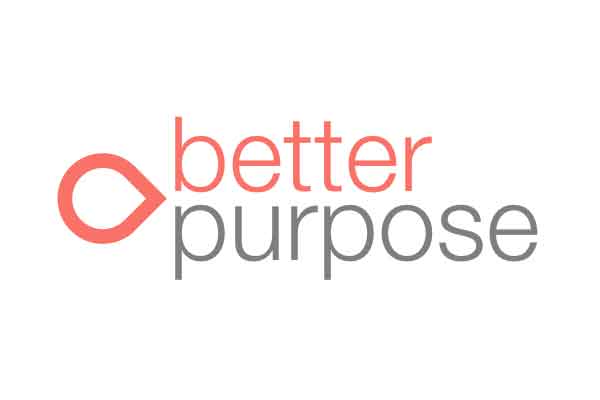
Better Purpose |
Better Purpose
Better Purpose works with organisations that want to make a difference to education outcomes all over the world by providing support with strategic planning, operational effectiveness, and the design and delivery of education initiatives. Better Purpose brings insight, expertise and practical delivery experience to important issues in the international education sector and have developed and supported successful educational initiatives all around the world, including in South-East Asia.
To find out more about Better Purpose, please click here.
Knowledge Advisor
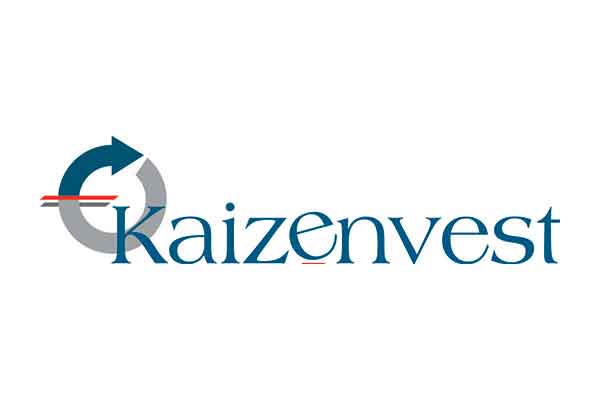
Kaizenvest |
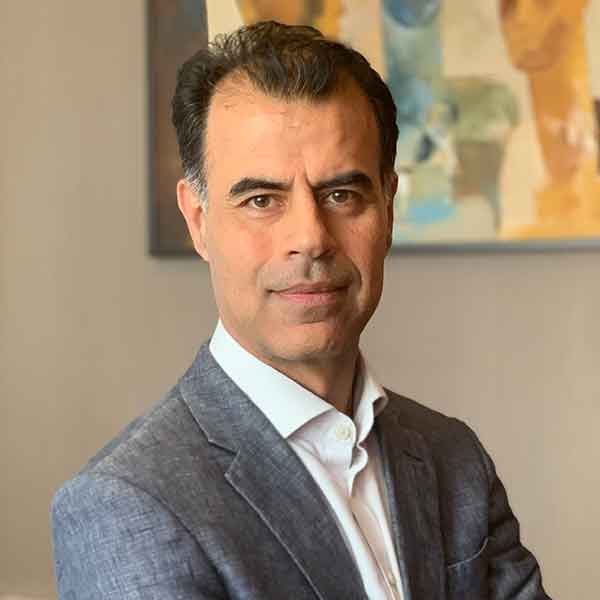
Sandeep Aneja
Founder & Managing Partner,
Kaizenvest
Country: Singapore
Sandeep founded Kaizenvest, an education focused asset management firm headquartered in Singapore with offices in Mumbai and Johannesburg. Kaizenvest, starting with a private equity fund in India in 2010, has become the leading private equity and private debt investor in the future of learning and future of work domains in emerging Asia and Sub Saharan Africa.
Prior to founding Kaizenvest, Sandeep was a venture capital investor in Silicon Valley at Outlook Ventures where he led and supported numerous technology and consumer services investments. He has also held operations and consulting roles in Silicon Valley and Washington, D.C., areas.
Sandeep’s passion is to work closely with entrepreneurs who have a deep sense of purpose and a plan for identifying and solving difficult societal problems through differentiated and sustainable companies. He sits on the boards of companies across the Philippines, Vietnam and India and is a frequent speaker on emerging investment and impact trends globally.
He has an MBA from the Graduate School of Business at Stanford University.
Monitoring, Evaluation and Learning Advisor
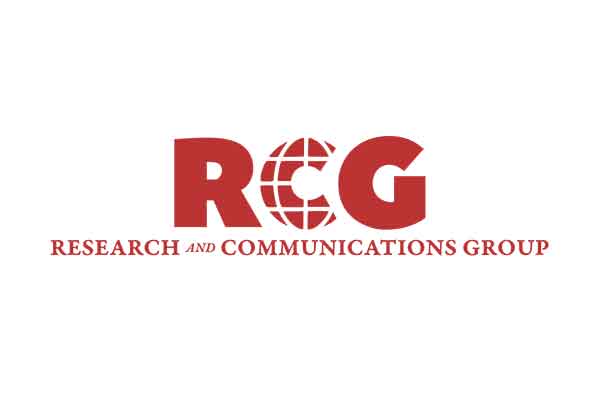
Research and Communications Group |
Research and Communications Group
The Research and Communications Group (RCG) is a specialized consultancy committed to improving social development outcomes. Through its team of experienced consultants, RCG provides clients and partners with the highest standards of excellence and objectivity in program design, research and evaluation. RCG has a strong track record in working with government, multilateral, NGO, private sector and community partners to deliver high-quality results on development projects across the world, including in Asia, Africa, the Middle East, the Pacific, Latin America and Europe.
To find out more about RCG, please click here.
In-Country Partner (Vietnam)
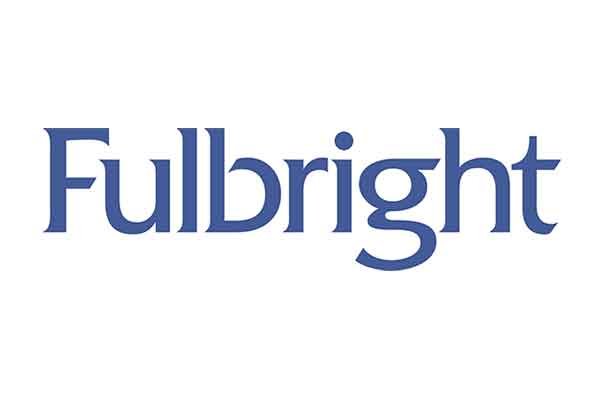
Fulbright University Vietnam |
Fulbright University Vietnam
Fulbright University Vietnam is Vietnam’s first independent, not-for-profit, liberal arts university with the mission to create the next-generation of change-makers in Vietnam for a rapidly evolving world.
Fulbright believes in the power of collaboration, transdisciplinary thinking, and risk-taking, and we understand that effective education requires putting students at its center. Globally integrated but deeply embedded in Vietnamese society, Fulbright is dedicated to providing a world-class education for students from diverse background and socio-economic status in Vietnam.
To find out more about Fulbright, please click here.
Supporting Partner
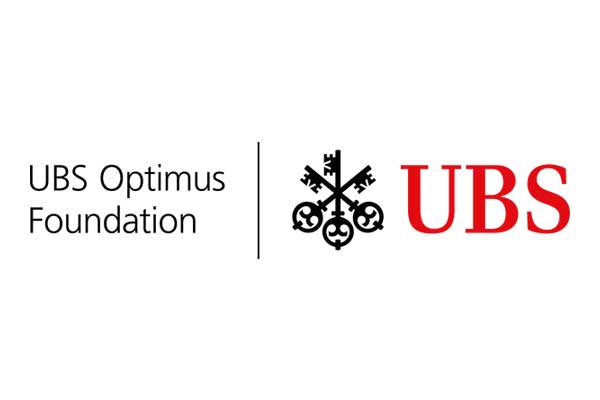
UBS Optimus Foundation |
UBS Optimus Foundation
Established in 1999, the UBS Optimus Foundation connects clients with inspiring entrepreneurs, new technologies and proven models that seek to make a measurable, long-term difference to the most serious and enduring social and environmental problems. The Foundation is recognized globally as both a philanthropic thought leader and a pioneer in the social finance space, through which we leverage solutions to mobilize private capital in new and more efficient ways. We take an evidence-based approach and focuses on programs that have the potential to be transformative, scalable and sustainable.
To find out more about UBS Optimus Foundation, please click here.
FAQ
Information Session: October 7th, 2021
Who can apply to the Octava Social Innovation Challenge?
This Challenge will be open to anyone from around the world who would like to contribute solutions that leverage edtech in one (or more) of five Southeast Asian countries: Vietnam, Indonesia, the Philippines, Thailand, and Malaysia. At a minimum, solutions must be:
- Currently deployed in at least one of the Octava Challenge’s target countries: Vietnam, Indonesia, the Philippines, Thailand, Malaysia.
- At least at the Pilot stage — solutions must have demonstrated usability.
If you have a relevant solution, we hope you’ll apply!
How are we CrowdSolving the Octava Social Innovation Challenge?
- Sourcing Solutions: Anyone who meets the criteria above can participate in this Challenge and submit a solution. Whether you’re working on a pilot or scaling your program or product, we’re looking for innovators and entrepreneurs with the most promising solutions who can have an impact in our target Southeast Asian countries.
- Selecting Solutions: Once the submission deadline passes, judging begins. After an initial screening by Solve staff and community reviewers, Challenge judges will select the most promising solutions as Finalists. These Finalists will be invited to pitch their solutions at a pitch event, where judges will then select the winners.
What type of solutions will be accepted to the Octava Social Innovation Challenge?
Solution applications must be written in English. This Challenge considers solutions at various stages of development—from pilot to scale. At a minimum, solutions must have at least a pilot with demonstrated usability in one (or more) of the Octava Challenge target countries: Vietnam, Indonesia, the Philippines, Thailand, Malaysia.
- Pilot: A project, initiative, venture, or organization applying its research, product, service, or business model in at least one context or community.
- Growth: An initiative, venture, or organization with an established product, service, or business model rolled out in one or, ideally, several contexts or communities, which is poised for further growth.
- Scale: A sustainable project or enterprise working in several contexts, communities or countries that is looking to scale significantly, focusing on increased efficiency.
The most important thing is that your solution addresses the focus of the Octava Social Innovation Challenge. Through open innovation, this Challenge is looking for a diverse portfolio of solutions across stages of development and teams. We believe that there is no one solution to the world’s most complex challenges—and encourage people of all backgrounds to submit their applications.
How will my solution be evaluated?
The judging panel for this Challenge will be comprised of leaders and experts from across industries. After an initial screening by Solve staff and community reviewers, the judges will score the screened solutions based on the following criteria. All criteria will be given equal weight:
- Alignment: The solution addresses the key dimensions of Octava Social Innovation Challenge.
- Potential for Impact: The planned solution implementation has the potential to impact lives in Vietnam, Indonesia, the Philippines, Thailand, and/or Malaysia.
- Feasibility: Solution implementation is feasible, and the team has a plan for financial sustainability.
- Innovative Approach: The solution includes a new or significantly improved approach to address the Challenge.
- Leadership Ability: The solution is led by a visionary entrepreneur, innovator, or team who have deep understanding of the problem they are trying to solve, expertise to develop and implement solution, the ability to adapt and respond to feedback, along with the necessary skills and track record to improve, expand, or replicate their solution.
- Human-Centered Design and Inclusion: The solution is designed with and for underserved education stakeholders (learners, teachers, schools, etc.) in low resource communities or low resource education settings; the solution team demonstrates proximity to their target customers, and embodies and addresses diversity, equity, and inclusion through their solution.
- Scalability: The solution can be scaled to affect the lives of more people in Vietnam, Indonesia, the Philippines, Thailand, and/or Malaysia.
- Partnership Potential: The applicant clearly explains how the solution would benefit from the resources that the Octava Foundation and MIT Solve is positioned to provide.
What is the Challenge Timeline?
- July 15, 2021: Challenge Opens
- October 15, 2021: Deadline for Applicants to Submit a Solution
- December 10, 2021: Finalists Announced
- January 26, 2022: Pitch Event for Finalists
- February 2022: Winners Announced
What will I receive if my solution is selected?
Finalists will be invited to a pitch event to present their solutions in front of distinguished judges. A total pool of $500,000 in prize funding is available for up to 8 selected winners of the Challenge. Each winning solution will receive a minimum of $50,000.
In addition to funding, each Challenge winner will participate in a ten-month tailored support program run by MIT Solve and the Octava Foundation that will include:
- A comprehensive needs assessment to determine what resources and support are most appropriate in order to accelerate your impact
- Access to a network of resource partners, mentors, and coaches across industries and sectors
- Learning and development modules aimed at refining your business model, theory of change, and plans for scaling
- Invitation to participate in Solve’s annual flagship Solve at MIT event (held in May each year)
- A monitoring and evaluation track to support you in building your impact measurement practice
- A peer-to-peer network to build a community of practice with dedicated spaces to convene throughout the duration of the support program
Vlog Series
Diverse experts sharing their unique perspectives for edtech solutions to scale and deepen their impact
What types of solutions the Challenge aims to find
Sharing by Raman Sidhu
To kickstart the Vlog Series, our Regional Director for Asia, Raman Sidhu, shares her observations on edtech in the region and the types of solutions that the Octava Social Innovation Challenge aims to find and partner with. If your solution aligns with the challenge dimensions, be sure to submit your solution by 15th October!
What makes the Octava Social Innovation Challenge unique
Sharing by Sara Monteabaro
If you are wondering what makes the Octava Social Innovation Challenge a unique and powerful platform to showcase your solutions, let Sara Monteabaro, Director of Strategic and Partners Programs at MIT Solve, enlighten you on why you should apply!
What are the opportunities for EdTech in Southeast Asia
Sharing by Alice Cornish
An estimated 63 out of 100 students in Low-to-Middle-Income countries are experiencing ‘Learning Poverty’ after the COVID-19 pandemic exacerbated learning inequalities. Alice Cornish, Director at Better Purpose, highlights some key opportunities in Southeast Asia for EdTech entrepreneurs to alleviate the learning loss faced by underserved learners.
Why the Challenge is a great opportunity
Sharing by Challenge Judge Sandeep Aneja
We are excited to have Sandeep Aneja, Founder and Managing Partner of Kaizenvest join us as a judge for the Ocatava Social Innovation Challenge. If you are an education or EdTech innovator, hear Sandeep, a thought leader in the education and private equity space, tell us what excites him about the Challenge!
Why EdTech designs need to integrate Learning Science Principles
Sharing by Olli Vallo
Olli Vallo, CEO of Education Alliance Finland, a one of its kind educational product evaluator, shares his unique perspective on why education and learning technology innovators need to align to the principles of the Science of Learning when designing their solutions. If your Education or EdTech solution embodies these principles while reaching learners in Indonesia, Malaysia, the Philippines, Thailand, and/or Vietnam, we look forward to receiving your submission for the Octava Social Innovation Challenge by October 15!
What advice does he have for potential Challenge applicants
Sharing by Scott Rankin
Hear what makes up for a winning solution! From his experience of another MIT Solve challenge, Scott Rankin, Director at RCG, shares the aspects that distinguished the winning solution from other applicants. We think these are useful tips for potential education and edtech solutions to refine their application before submitting. The #OctavaSIChallenge application closes on October 15, submit your application today!
4 design pillars for an impactful EdTech solution
Sharing by Challenge Judge Tom Kaye
Want to improve your chances to be selected as a winning solution for the #OctavaSIChallenge? Hear Tom Kaye, from EdTech Hub, share about the 4 key pillars of designing an impactful and scalable EdTech solution. Tom and his team at EdTech Hub work closely with decision makers all around the world to find opportunities for technology to add value to education. If his message appeals to you, submit your application today.
Judges

Abram Abanil
Director IV, ICT Service, Department of Education
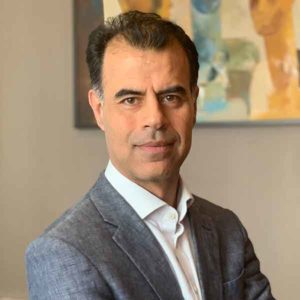
Sandeep Aneja
Founder & Director, Kaizen Capital Management Pte. Ltd.
Singapore
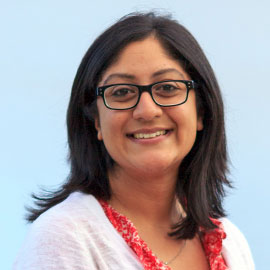
Radhika Bhula
Education Sector Manager, Abdul Latif Jameel Poverty Action Lab

Anthony Bloome
Founder & Executive Director, Mobiles for Education Alliance
United States

Samuel Harris
APAC EdTechLead, Amazon Web Services
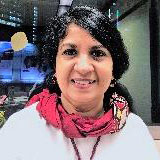
Shanti Jagannathan
Principal Education Specialist, Asian Development Bank
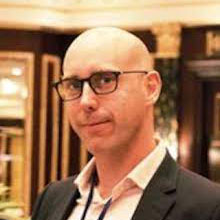
Tom Kaye
Global Lead of Country Engagement, EdTech Hub

Kuo-Yi Lim
Co-Founder and Managing Partner, Monk’s Hill Ventures

Mike Michalec
Founder, EdTech Asia
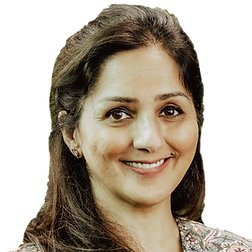
Mimu Nanwani
Program Director- Indonesia, Ishk Tolaram Foundation
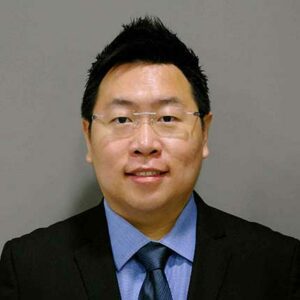
Alex Ng
Managing Director, Spaze Ventures Pte Ltd
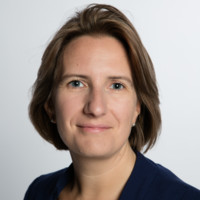
Cate Noble
Managing Director, Better Purpose

Pang Sze Khai
Executive Director, Octava Pte Ltd
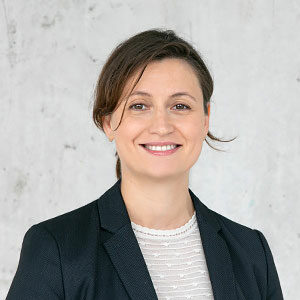
Oriana Ponta
Director, Education Program, UBS Optimus Foundation
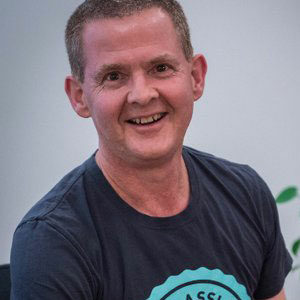
Mark Reading
Head of Foundation, Atlassian Foundation
Australia

Prae Nanthaporn Seributra
CEO, Starfish Education
Thailand
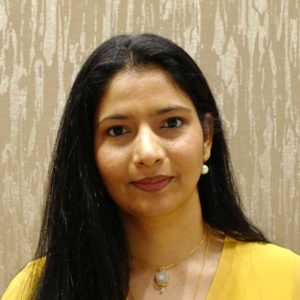
Raman Sidhu
Asia Director, Octava Foundation
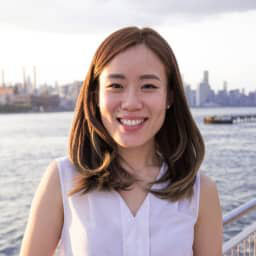
Susan Wang
Principal, Learn Capital
Judging Criteria
- Alignment: The solution addresses the key dimensions of Octava Social Innovation Challenge.
- Potential for Impact: The planned solution implementation has the potential to impact lives in Vietnam, Indonesia, Philippines, Thailand, and/or Malaysia.
- Feasibility: Solution implementation is feasible, and the team has a plan for financial sustainability.
- Innovative Approach: The solution includes a new or significantly improved approach to address the Challenge.
- Human-Centered Design and Inclusion: The solution is designed with and for currently underserved and in low resource communities or low resource education settings; the solution team demonstrates proximity to the community, and embodies and addresses diversity, equity, and inclusion through their solution.
- Scalability: The solution can be scaled to affect the lives of more people in Vietnam, Indonesia, Philippines, Thailand, and/or Malaysia.
- Partnership Potential: The applicant clearly explains how the solution would benefit from the resources that the Octava Foundation and MIT Solve is positioned to provide.
Selected Solutions

Bookbot
By Adrian DeWitts

Cerebry
By Shubham Goyal

Doyobi
By John Tan
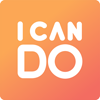
ICANDO
By Syaiful Lokan

Kipin.id: Democratizing Digital Learning
By Steffina Yuli

Koobits
By Stanley Han

Let's Read
By Kyle Barker
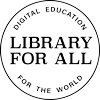
LFA’s Spark Kits
By Rebecca McDonald

Pandai
By Khairul Anwar Mohamad Zaki

Training School Leaders in Malaysia and Indonesia
By Cheryl Fernando
